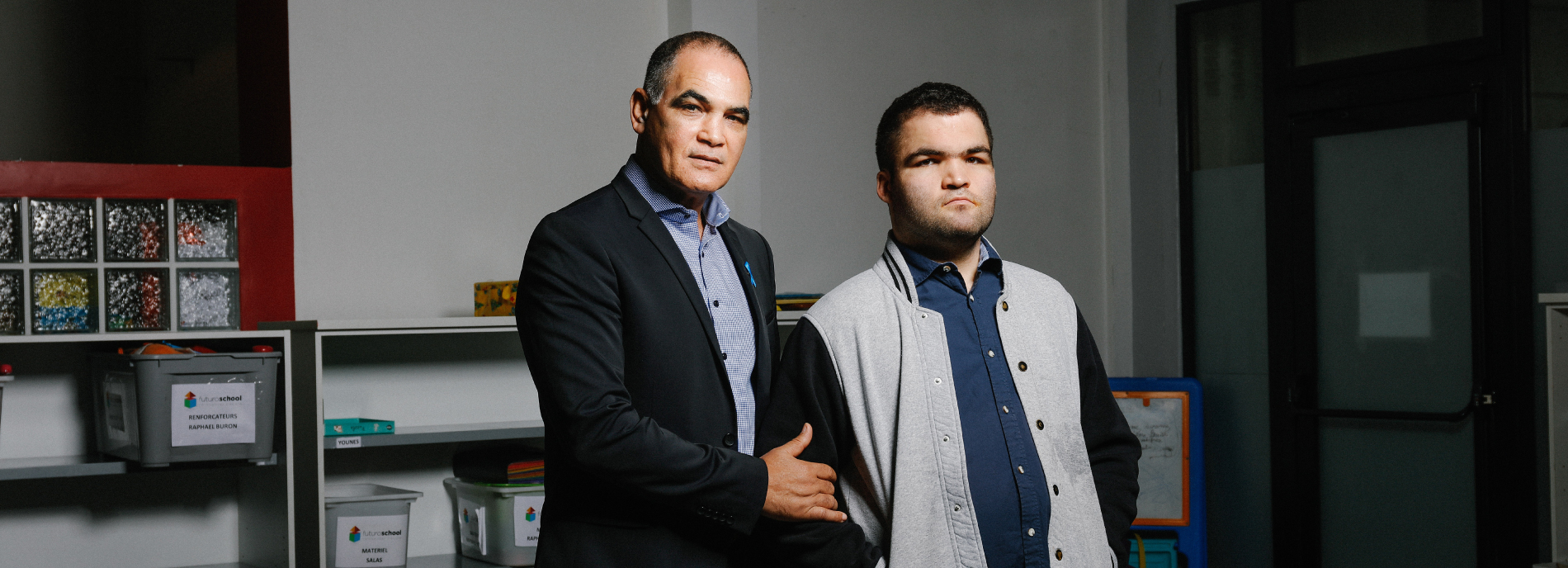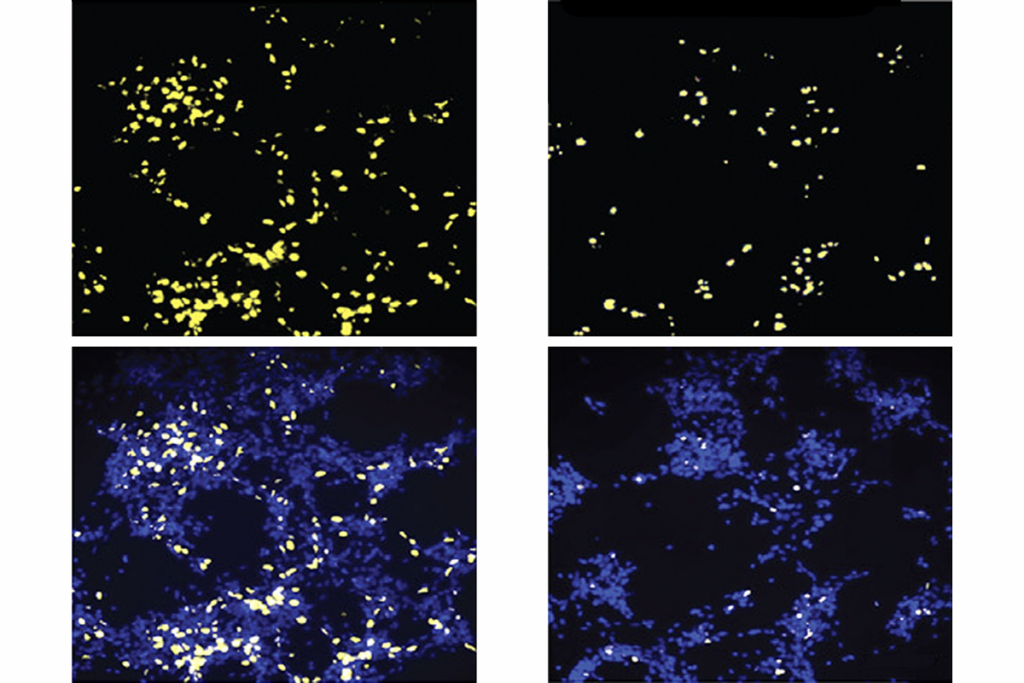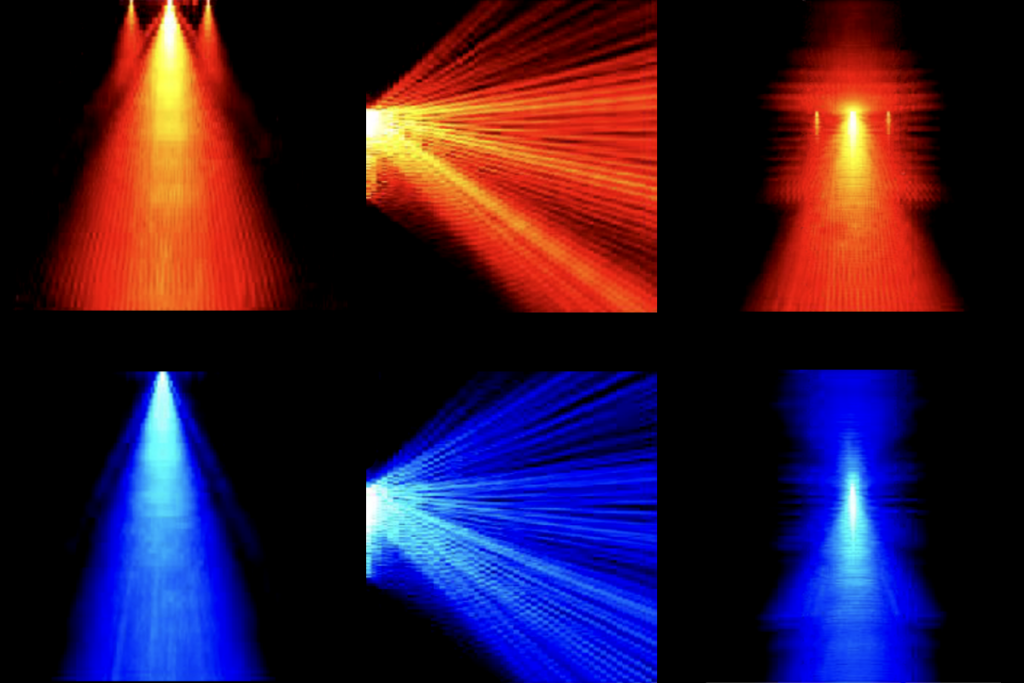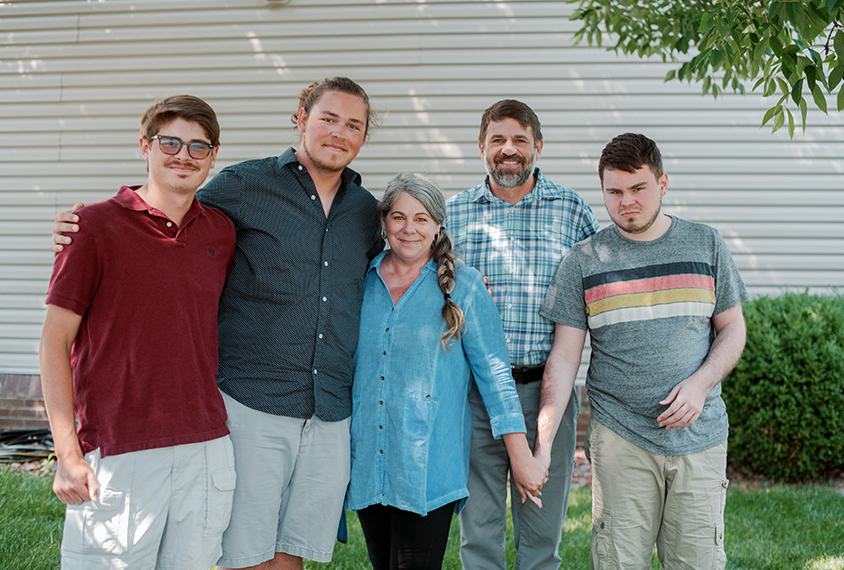Marta Zaraska is a freelance science journalist whose work has appeared in The Washington Post, Scientific American and The Boston Globe, among other publications. She has written two literary novels and contributed to two travel books published by National Geographic. Her nonfiction book “Meathooked: The History and Science of Our 2.5-Million-Year Obsession With Meat,” was published in 2016 by Basic Books and chosen by Nature as one of “the best science picks” in March 2016.

Marta Zaraska
From this contributor
Moving for autism care
Disparities in state services for autism are driving families to relocate. But not everyone can afford to move, and others find that their new home also has faults.
The problems with prenatal testing for autism
As prenatal testing improves, it presents a host of thorny issues — from what to test and how to interpret the results, to what to do about them.

The problems with prenatal testing for autism
Europe’s race to ramp up genetic tests for autism
Many countries in Europe are reckoning with the growing demand for genetic tests for autistic people — and the accompanying ethical and scientific considerations.

Europe’s race to ramp up genetic tests for autism
France faces down its outdated notions about autism
After lagging behind other countries for decades, France is working on a new national plan for autism.

France faces down its outdated notions about autism
Explore more from The Transmitter
Documenting decades of autism prevalence; and more
Here is a roundup of autism-related news and research spotted around the web for the week of 28 April.

Documenting decades of autism prevalence; and more
Here is a roundup of autism-related news and research spotted around the web for the week of 28 April.
‘Perturb and record’ optogenetics probe aims precision spotlight at brain structures
The tool provides a new way to characterize cells and study neuronal circuits.

‘Perturb and record’ optogenetics probe aims precision spotlight at brain structures
The tool provides a new way to characterize cells and study neuronal circuits.
Tracking single neurons in the human brain reveals new insight into language and other human-specific functions
Better technologies to stably monitor cell populations over long periods of time make it possible to study neural coding and dynamics in the human brain.

Tracking single neurons in the human brain reveals new insight into language and other human-specific functions
Better technologies to stably monitor cell populations over long periods of time make it possible to study neural coding and dynamics in the human brain.
